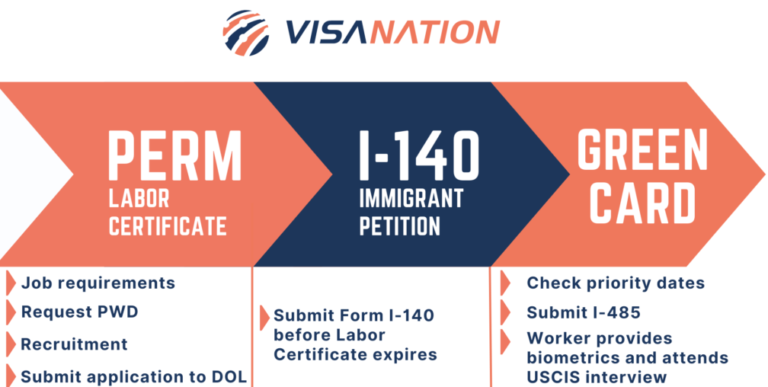Uncovering the Truth: Zola Hospice Fraud – A Comprehensive Overview
Hospices are often regarded as sanctuaries for terminally ill patients, offering comfort and care during their final days. However, not all facilities live up to these noble ideals. The case of Zola Hospice fraud has raised significant concerns about the exploitation of vulnerable individuals and their families. This article delves deep into the Zola Hospice fraud scandal, its implications, and how such practices can be identified and prevented.
Understanding Hospice Fraud
Hospice fraud involves deceptive practices by hospice providers to maximize profits at the expense of patients, families, and government programs. This can include:
- Falsifying Patient Diagnoses: Enrolling patients who are not terminally ill.
- Overbilling Government Programs: Charging for services that were never provided.
- Kickbacks and Bribes: Offering incentives for patient referrals.
- Poor Quality Care: Neglecting patient needs while pocketing funds.
The Zola Hospice fraud case stands out as a glaring example of such malpractice, shaking the trust people place in end-of-life care services.
The Zola Hospice Fraud Case: What Happened?
Origins of the Fraud
Zola Hospice, once considered a reputable provider, became the center of controversy when allegations of fraudulent practices surfaced. Investigations revealed:
- Fake Patient Enrollments: Non-terminal patients were enrolled to bill Medicare and Medicaid.
- Inflated Claims: Services were either exaggerated or never rendered.
- Document Manipulations: Patient records were altered to justify hospice eligibility.
Whistleblower Revelations
The case gained momentum due to whistleblowers, including former employees who exposed unethical practices. These insiders provided evidence of:
- Coerced staff participation in fraud.
- Widespread disregard for patient well-being.
- Internal pressure to meet profit-driven goals.
Legal Ramifications
Zola Hospice faced lawsuits and heavy penalties, including:
- Federal Charges: For defrauding Medicare and Medicaid.
- Financial Penalties: Multi-million-dollar fines.
- Operational Shutdowns: Closure of facilities linked to fraudulent activities.
Impact of Hospice Fraud
On Patients and Families
- Betrayal of Trust: Families felt deceived and betrayed.
- Emotional Distress: Patients suffered inadequate care.
- Financial Losses: Families bore unexpected costs.
On Healthcare Systems
- Strained Resources: Fraudulent claims drain government funds.
- Erosion of Trust: Public confidence in healthcare providers diminishes.
- Increased Scrutiny: Legitimate providers face stricter regulations.
How to Detect Hospice Fraud
Warning Signs for Patients and Families
- Misdiagnoses: A sudden hospice recommendation for non-terminal conditions.
- Lack of Transparency: Evasive answers about care plans and billing.
- Inadequate Care: Signs of neglect or lack of necessary medical services.
Steps for Reporting Suspected Fraud
- Document Everything: Keep records of communications and services.
- Contact Authorities: Report suspicions to Medicare or Medicaid hotlines.
- Seek Legal Advice: Consult attorneys specializing in healthcare fraud.
Preventing Hospice Fraud
For Patients and Families
- Research Providers: Verify credentials and read reviews.
- Ask Questions: Understand the care plan and associated costs.
- Stay Involved: Regularly check on the care being provided.
For Regulators
- Enhanced Monitoring: Implement robust auditing systems.
- Whistleblower Protections: Encourage employees to report fraud.
- Strict Penalties: Deter fraudulent behavior with severe consequences.
Conclusion
The Zola Hospice fraud case serves as a stark reminder of the importance of vigilance in the healthcare sector. While hospices are meant to provide solace and care, unscrupulous practices can exploit vulnerable patients and undermine trust in the system. By staying informed and proactive, patients, families, and regulators can help ensure that hospices fulfill their noble purpose.
Want to hear more tips? Please look at our page for more informative and helpful blog posts.
FAQs
What is hospice fraud?
Hospice fraud involves deceptive practices by providers, such as falsifying patient eligibility, overbilling, and neglecting care to maximize profits.
How did Zola Hospice commit fraud?
Zola Hospice engaged in practices like enrolling ineligible patients, inflating claims, and altering records to defraud Medicare and Medicaid.
Who exposed the Zola Hospice fraud?
The fraud was exposed by whistleblowers, including former employees who provided evidence of unethical practices.
What are the consequences of hospice fraud?
Consequences include financial penalties, operational shutdowns, and loss of trust in healthcare providers.
How can I report suspected hospice fraud?
You can report suspected fraud by documenting your concerns and contacting Medicare or Medicaid fraud hotlines or seeking legal advice.
What steps can families take to prevent fraud?
Families can research providers, ask detailed questions, and stay actively involved in the care process to ensure transparency and quality care.







